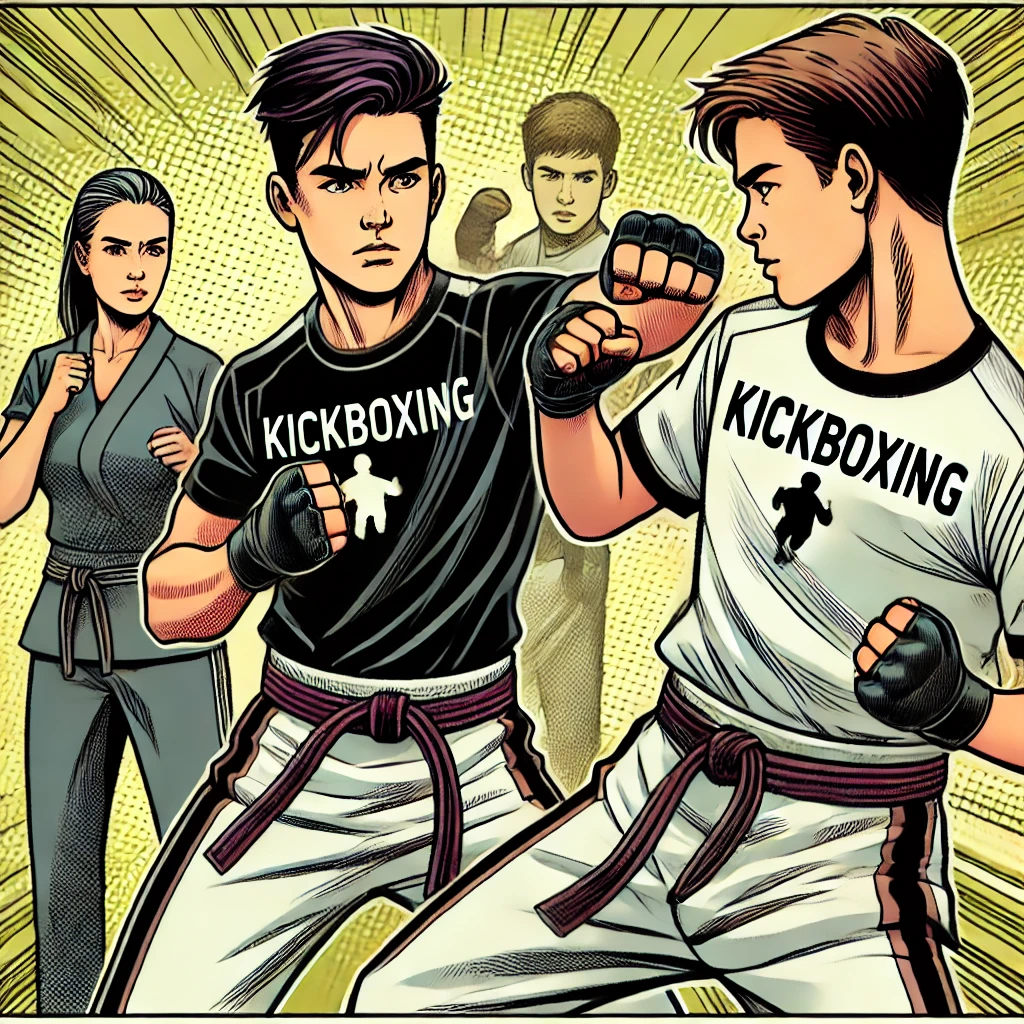Introduction: Patience and Control Win Fights and Life Challenges
In martial arts—and in life—it’s not always the strongest or fastest who succeed.
It’s the ones who can wait, observe, and choose the right moment to act.
This week, we’re focusing on self-control and emotional regulation, developed through technical skills like counter-attacks and feints. These aren’t just tactics—they’re tools for helping students pause, think, and make better decisions.
Let’s take a look at how martial arts develops smarter, calmer students inside the dojo and beyond.
Reacting vs Responding: What’s the Difference?
A reaction is automatic.
A response is intentional.
In training, we teach students to replace reflexive reactions with thoughtful responses. This applies to:
-
Sparring: Waiting for the right moment to counter
-
Partner drills: Moving with care, not impulse
-
Daily life: Choosing how to handle frustration or peer pressure
Martial arts builds self-control by slowing the moment down—giving students the space to think before they act.
How Feints and Counters Develop Awareness
This week’s sparring drills focus on counter-attacks and feints—tools that require:
-
Awareness of your opponent’s movement
-
Control of your own emotions and body
-
Confidence to wait instead of rush
Students learn to use calculated pauses, fake-outs, and precise counters to outsmart, not outmuscle, their opponents.
These drills improve more than tactics—they build emotional intelligence and focus.
Self-Control Creates Safer, Stronger Students
Here’s why self-control is a core part of every class:
-
It helps students spar safely with partners
-
It creates mutual respect and calm under pressure
-
It builds character through discipline and restraint
Whether a student is managing nerves before a belt test or keeping calm after being tagged in sparring, emotional control is the key to progress.
Over time, this shows up outside class too—in how students handle school pressure, sibling conflict, or overwhelming situations.
Try This: At-Home Reflection Exercise
Want to help your child grow their awareness and self-regulation? Try this:
Pause and Reflect Prompt
Ask your child:
“What was one moment this week you stayed calm instead of reacting? What happened because you paused?”
It could be:
-
Taking a breath before responding to frustration
-
Walking away from a disagreement
-
Thinking before answering a tricky question at school
Reflecting on calm choices reinforces self-regulation.
Final Thoughts: Emotional Discipline Makes Smart Fighters
At The Martial Arts Method, we believe martial arts should create smart, thoughtful students—not just skilled fighters.
By teaching counter-attacks and feints, we’re not just building tactics—we’re building:
-
Patience
-
Control
-
Awareness
-
Emotional intelligence
These are the true markers of strength—on the mats and in life.
Want to help your child become more composed, focused, and confident?
Book a free trial class: https://themartialartsmethod.book.kiwilaunch.com/
Or contact us: https://themartialartsmethod.kit.com/df7b076ba5


